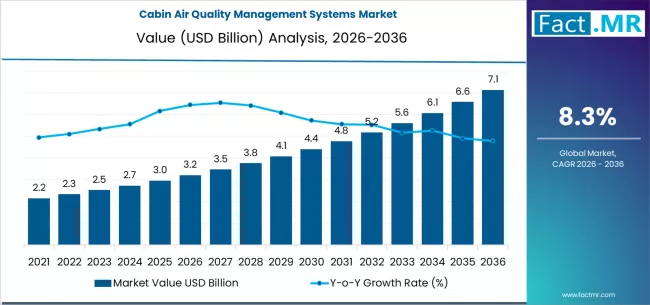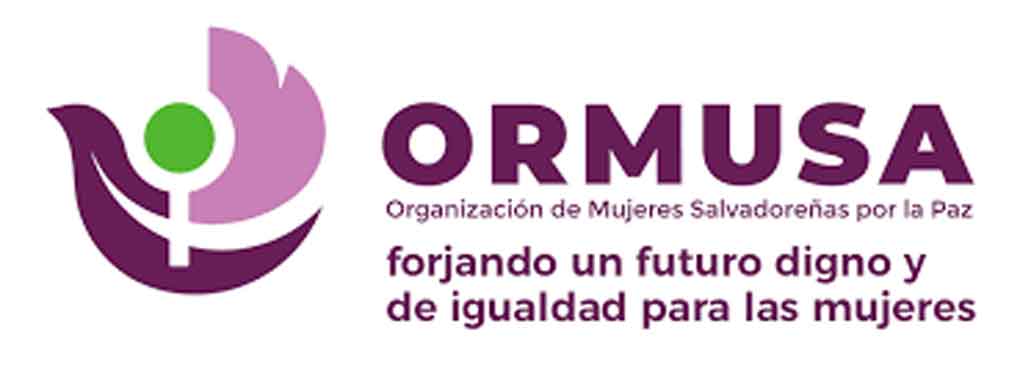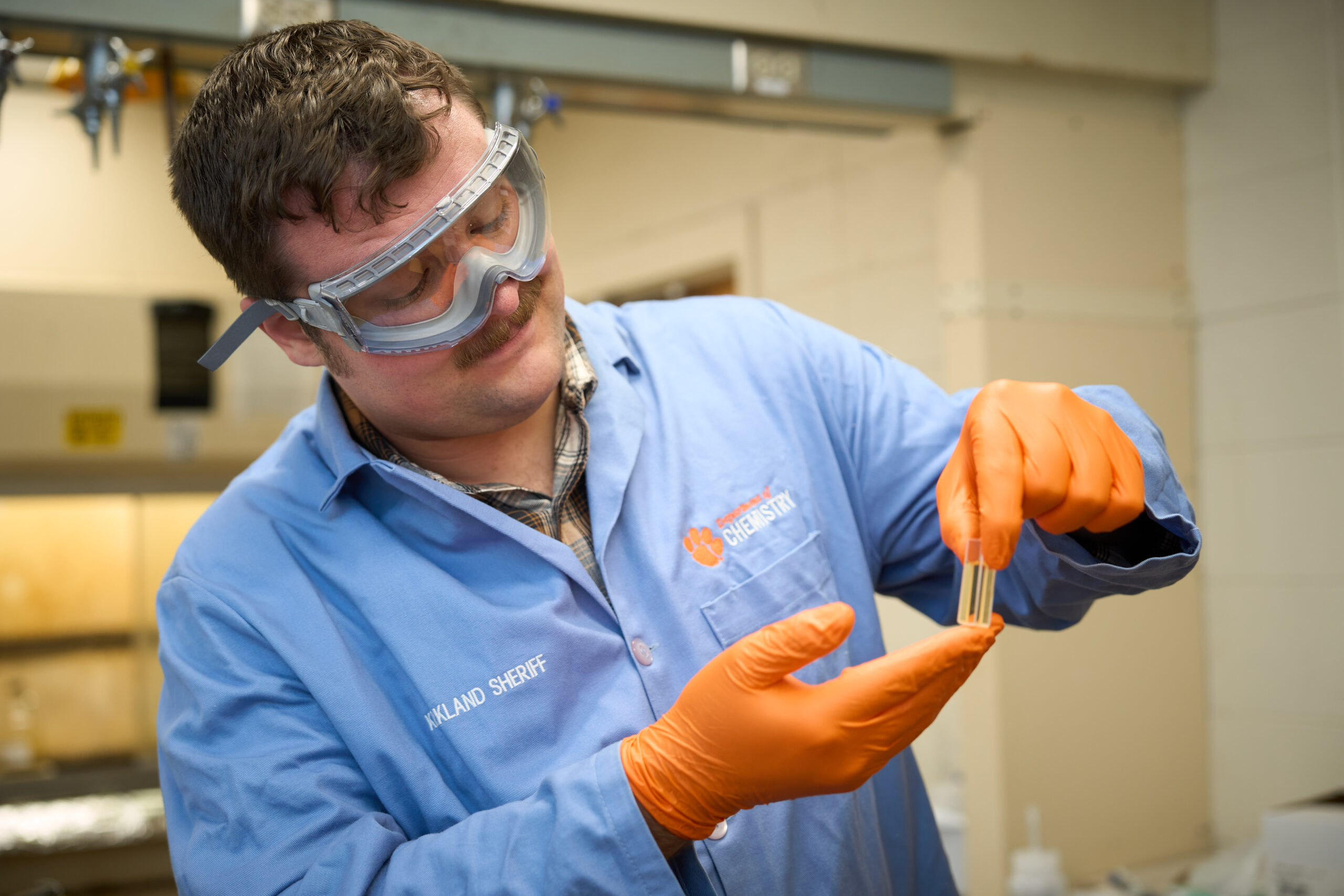Li-Ting Chen | Instructional Technology & Educational Statistics | College of Education and Human Development – University of Nevada, Reno

Report on Academic Contributions to Sustainable Development Goals
Advancing SDG 4: Quality Education
A significant portion of the academic work focuses on enhancing the quality, equity, and efficacy of education, directly contributing to the United Nations’ Sustainable Development Goal 4 (SDG 4). This is achieved through rigorous methodological research and the development of educational professionals.
Research Publications Supporting Educational Quality
-
Chen, Y.-K. **, Yang, T.-R. **, Chen, L.-T. **, Hsieh, C.-Y., Cheng, C., Wu, P.-J., Peng, C-Y. J. (2025). Improving applications of a design‑comparable effect size in single‑case designs. Behavior Research Methods, 57, Article 279.
This study improves research methodologies used to evaluate educational interventions, ensuring that evidence-based practices are accurately identified and implemented to enhance learning outcomes for all students, including those with diverse needs, aligning with Target 4.1 and 4.a.
-
Alhazani, H., & Chen, L.-T. (2025). Online learning challenges and coping among U.S. college students during COVID-19 lockdown and two years after. Journal of Educational Technology Development and Exchange, 18(2), 92–116.
By examining the challenges of online learning, this research provides critical insights for building resilient, inclusive, and equitable higher education systems. It informs policies and practices aimed at ensuring equal access to quality tertiary education (Target 4.3) and leveraging information technology for learning (Target 4.a).
-
Chen, L.-T., Chen, Y.-K., Yang, T.-R., Chiang, Y.-S., Hsieh, C.-Y., Cheng, C., Ding, Q.-W., Wu, P.-J., & Peng, C.-Y. J. (2024). Examining the normality assumption of a design-comparable effect size in single-case designs. Behavior Research Methods, 56, 379–405.
This publication strengthens the statistical foundation of educational research, contributing to more reliable and valid assessments of teaching strategies and programs. This foundational work is essential for the continuous improvement of quality education.
-
Townsend, D., Knecht, R., Lupo, S., Chen, L.-T., & Barrios, V. S. (2023). A mixed-methods investigation of third and sixth graders’ academic sentence knowledge. Journal of World Languages, 9(3), 333–370.
This investigation into foundational literacy skills directly addresses the core of SDG 4, which aims to ensure all youth and a substantial proportion of adults achieve literacy and numeracy (Target 4.6).
Instructional Contributions to Building Educational Capacity
The following courses build the capacity of educators and researchers, equipping them with the necessary skills to promote and deliver quality education, thereby creating a sustainable impact on educational systems.
- EDRS 640 Educational Measurements and Statistics
- EDRS 700 Introduction to Educational Research
- EDRS 715 Advanced Educational Measurement
- EDRS 745 Advanced Research Design
- EDRS 769 Structural Equation Modeling in Educational Research
- EDU 214 Preparing Teachers to Use Technology
- ITLD 410/610 Foundations of Instructional Technology and Learning Design
- ITLD 413/613 Digital Communication and Social Learning
- ITLD 758 Multimedia and Presentation Technology in Education
Supporting SDG 8 & 9: Decent Work, Industry, and Innovation
Academic work also extends to the intersection of education and industry, ensuring that educational programs are aligned with workforce needs, which supports SDG 8 (Decent Work and Economic Growth) and SDG 9 (Industry, Innovation, and Infrastructure).
Research on Industry-Education Alignment
-
Chen, L.-T., Liu, L., Urade, S., & Chu, P. (2023). An industry perspective on the current U.S. metal mining engineering education. Mining, Metallurgy & Exploration, 40, 1041–1058.
This study directly addresses the link between tertiary education and industry requirements. By assessing engineering education from an industry standpoint, it helps align curricula with the skills needed for decent work and sustainable industrial development, contributing to Target 8.6 (reduce the proportion of youth not in employment, education or training) and Target 9.2 (promote inclusive and sustainable industrialization).
1. SDGs Addressed or Connected to the Issues Highlighted in the Article
-
SDG 4: Quality Education
- The article is fundamentally centered on education. It lists academic publications and university courses that deal with educational research, measurement, technology, and specific educational contexts like online learning for college students, primary school language acquisition, and engineering education. The publication “Online learning challenges and coping among U.S. college students during COVID-19 lockdown” and the study on “third and sixth graders’ academic sentence knowledge” directly address the quality and accessibility of education at different levels. The list of courses, such as “EDRS 700 Introduction to Educational Research” and “EDU 214 Preparing Teachers to Use Technology,” focuses on improving educational practices and training qualified educators.
-
SDG 8: Decent Work and Economic Growth
- This goal is connected through the publication “An industry perspective on the current U.S. metal mining engineering education.” This research links the quality of technical education directly to the needs of the mining industry, highlighting the role of education in preparing a skilled workforce for specific economic sectors, which is crucial for decent work and sustainable economic growth.
-
SDG 9: Industry, Innovation, and Infrastructure
- The article connects to this SDG in two ways. Firstly, the research on “metal mining engineering education” addresses the human capital aspect of a major industrial sector. Secondly, the focus on technology in education, evidenced by the publication on “Online learning challenges” and courses like “ITLD 410/610 Foundations of Instructional Technology and Learning Design,” relates to building resilient infrastructure and fostering innovation within the education system itself.
2. Specific SDG Targets Identified
-
Targets under SDG 4: Quality Education
- Target 4.3: By 2030, ensure equal access for all women and men to affordable and quality technical, vocational and tertiary education, including university. The publications on “Online learning challenges and coping among U.S. college students” and “U.S. metal mining engineering education” directly investigate the quality and challenges within tertiary and technical education.
- Target 4.4: By 2030, substantially increase the number of youth and adults who have relevant skills, including technical and vocational skills, for employment, decent jobs and entrepreneurship. The research on mining engineering education explicitly examines the alignment between educational curricula and the skills required by industry, directly addressing the need for relevant vocational skills for employment.
- Target 4.c: By 2030, substantially increase the supply of qualified teachers, including through international cooperation for teacher training in developing countries. The list of courses, such as “EDRS 640 Educational Measurements and Statistics” and “EDU 214 Preparing Teachers to Use Technology,” are designed to train and enhance the skills of educators and educational researchers, thereby contributing to the supply of qualified professionals in the field.
-
Targets under SDG 8: Decent Work and Economic Growth
- Target 8.6: By 2020, substantially reduce the proportion of youth not in employment, education or training. By analyzing and seeking to improve technical education like “metal mining engineering,” the research aims to better align educational outcomes with industry needs, which can help prepare students for employment and reduce the number of youths not in employment, education, or training.
-
Targets under SDG 9: Industry, Innovation, and Infrastructure
- Target 9.5: Enhance scientific research, upgrade the technological capabilities of industrial sectors in all countries… encouraging innovation. The research publications listed, particularly those in “Behavior Research Methods,” contribute to enhancing scientific research methodologies. Furthermore, the study on engineering education supports the upgrading of technological capabilities in the mining sector by focusing on its human resource pipeline. The courses and research on educational technology promote innovation within the education sector’s infrastructure.
3. Indicators Mentioned or Implied in the Article
-
Indicators for SDG 4
- The article implies several qualitative and quantitative indicators. The study on “Online learning challenges and coping among U.S. college students” suggests indicators such as student-reported challenges in accessing and participating in online education and the effectiveness of coping strategies. The research on “third and sixth graders’ academic sentence knowledge” implies the use of student learning outcomes and language proficiency assessments as indicators of educational quality. The paper on mining education implies an indicator related to the alignment of curriculum with current industry standards and needs.
-
Indicators for SDG 8 & 9
- The publication “An industry perspective on the current U.S. metal mining engineering education” implies indicators related to the relevance of technical and vocational education programs to the labor market. This can be measured by assessing the gap between the skills taught in academia and the skills demanded by the industry. The focus on educational technology in courses and publications implies indicators such as the adoption rate of digital learning tools in educational institutions and the effectiveness of technology in delivering quality education, which measure innovation and infrastructure development in the sector.
4. Table of SDGs, Targets, and Indicators
| SDGs | Targets | Indicators (Implied from the Article) |
|---|---|---|
| SDG 4: Quality Education |
4.3: Ensure equal access to quality technical, vocational and tertiary education.
4.4: Increase the number of youth and adults with relevant skills for employment. 4.c: Increase the supply of qualified teachers. |
– Student-reported challenges and coping mechanisms in online tertiary education. – Student learning outcomes and proficiency levels in core skills (e.g., academic sentence knowledge). – Degree of alignment between engineering curriculum and industry requirements. – Availability of advanced training courses for educators in measurement, research, and technology. |
| SDG 8: Decent Work and Economic Growth | 8.6: Reduce the proportion of youth not in employment, education or training. | – Relevance of technical education (e.g., mining engineering) to labor market demands. |
| SDG 9: Industry, Innovation, and Infrastructure | 9.5: Enhance scientific research and upgrade technological capabilities. |
– Publication of research aimed at improving scientific methodologies. – Assessment of educational programs that supply skilled personnel to industrial sectors. – Adoption and effectiveness of digital technologies and infrastructure in education. |
Source: unr.edu

What is Your Reaction?
 Like
0
Like
0
 Dislike
0
Dislike
0
 Love
0
Love
0
 Funny
0
Funny
0
 Angry
0
Angry
0
 Sad
0
Sad
0
 Wow
0
Wow
0











































;Resize=620#)






























